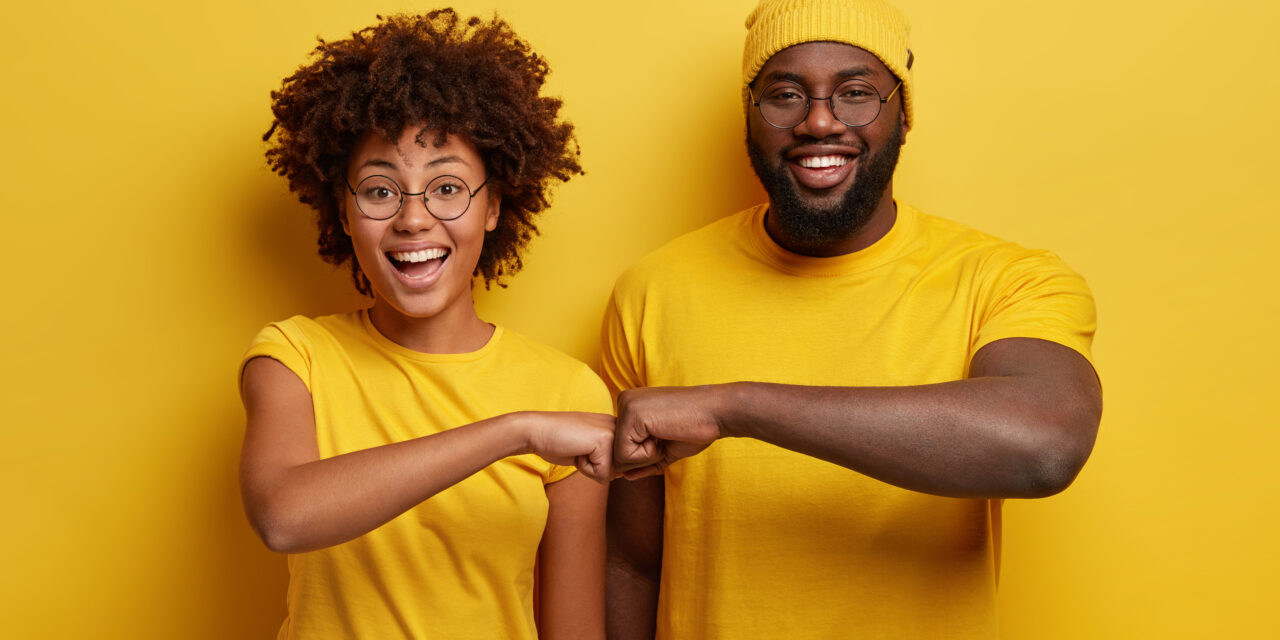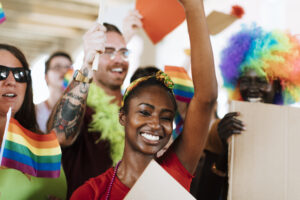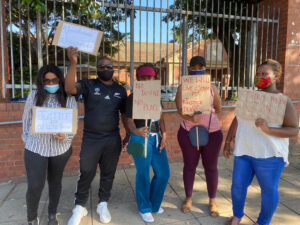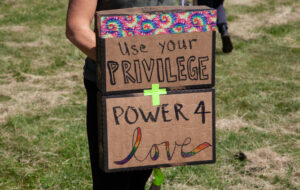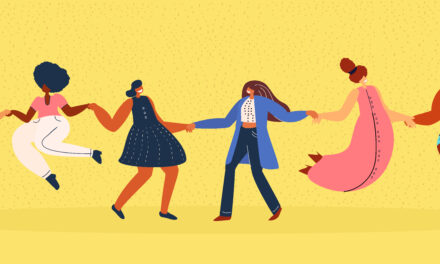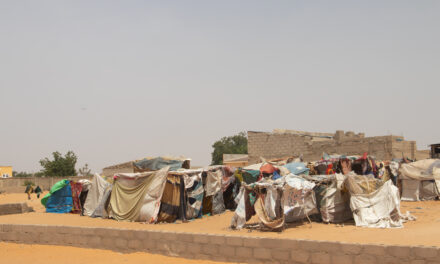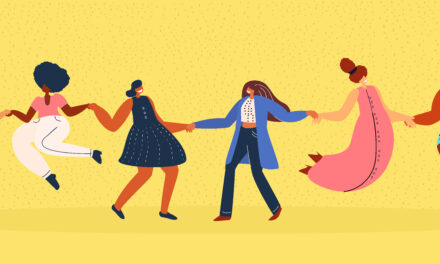South African women suffer daily at the hands of men. The country is believed to be one of the most unsafe places in the world for women. As a result there are many activist groups and individual women who have championed the cause of ending Gender Based Violence in the country. There is also some support from men in this cause and while their voices are appreciated, sometimes they fail dismally at being allies.
One example of allyship which missed the mark is from June last year after we’d learned about the murder of eight-month pregnant Tshegofatso Pule who was stabbed and hanged by her boyfriend. After outcries by women on social media, internationally renowned South African DJ, Black Coffee decided to organise a men-led march to help end the scourge of GBV. While this gesture was noble, his approach and wording, referring to South African women as “Our Women,” was problematic. Attempts were made by many women to let the DJ know why this was a problem. One issue raised was that there was no point in marching when he and his industry pals would go back and work with people who had been accused of terrorising women. Instead of Black Coffee listening and learning, he took offence and cancelled the whole march. In the spirit of this incident and the importance of good allyship, this article will be about how one can be a good ally.
Who is an Ally?
Kelly Mavro for Forbes.com puts is simply: “an ally is anyone who supports or empowers another person.” To be an ally is to unite oneself with another to promote a common interest. Allies usually belong to a dominant group and they use their privilege to help those they support, who are usually from marginalised groups. When you’re an ally you not only lend your help to a person or group but you also share a common interest with that person or group.
Being an ally is a task that should not be taken lightly. There is a lot of hard work that needs to be put into it and it’s a journey of constant learning and adapting. Here are a few tips:
Be teachable: Supporting a marginalised group when you are not part of that group sometimes means you will get things wrong. And it is okay to make mistakes as long as you can listen when you are told you are wrong. It is only through listening and learning that we can become better allies. It is important that we don’t take offence when we’re being educated about how our stance is wrong. When Black Coffee, after being called out by women, tweeted “Damned if you do, damned if you don’t,” it not only made him look like he’d organised the march against GBV for brownie points it also made him look like a fake ally. People who should be damned are the ones performing allyship and especially damned are the South African women who are killed by their intimate partners every day. Don’t be that guy. Listen when the people you are supporting tell you that your support is problematic and learn about how you can make it better.
Don’t insert yourself: For sometime now, people have added an ‘A’ to the LGBTQI+ acronym because they believe being an ally means being part of the community. To me, it does not. Being an ally means that you support people in that group and you lend your voice and/or resources to help them be seen, heard, and enjoy the rights afforded to everyone. You may empathise with someone’s struggle but it does not mean you know those struggles.
I, a heterosexual woman, would not want to centre myself in the conversation about the rights of LGBTQI+ people just because I support their cause. Jamie Utt from everydayfeninism.com puts it nicely when he says: “Ally is not a self-proclaimed identity.” You also cannot be the one who decides for people what is offensive and what isn’t just because you’re an ally. You cannot, as a white person, engage people of colour about what is racist and what is not.
Don’t expect props: Being an ally because you want praise is not helpful. Performative allyship usually means you are out of your depth and you will not do the work of an ally properly. It means you won’t go the length you need to because you are just fine with posting a hashtag and calling it a day. Think of the influencers, mostly white, who put on their best black outfits and took their photographers to the streets of New York just so they could pose in the middle of BLM protests and then pack it up and go home. That’s performative allyship and it does more harm than good. Like everything else that matters in the world, don’t go into it just because you want praise. Find something you truly care about and be a proper ally there.
Ally is a verb: It is more than just posting a black square on your Instagram; having a rainbow ribbon around your Twitter avatar; or saying “gents, we need to do better”. You have to DO being an ally. That means you have to raise your voice where it matters. If you are an ally who has access to policy makers because of your education or social standing it means advocating for marginalised people in those spaces. It means donating to causes that help marginalised people. It means helping survivors of gender based violence open cases or going to their court hearings with them. It is calling out your friends when they make homophobic and/or transphobic jokes in your presence. It is blogging, vlogging, podcasting about whatever it is that you support. There is so much we can do as allies and we should do more of it.
Why allies are important
By default when you are an ally you are usually more privileged than the group you support. Using your privilege can help grease the wheels towards justice for the people you support. Your voice as an ally is powerful; your pockets are deep; and you have influence. All that power, money, and influence can make the lives of marginalised communities so much better. After all it is not the responsibility of the oppressed to free themselves of oppression, a huge chunk of the work must be done by those who have power and influence.
Going forward…
More than anything to be good allies we have to know the issues faced by the groups we support. It is a good thing to be an ally because you are emotionally invested and believe that everyone should be treated equally. Nevertheless, you have to educate yourself on the challenges faced by marginalised communities. Speak to them, read their books, watch their movies, read their policy proposals, read up on their history. Do the leg work and do it fully. Make sure that when you speak on their behalf (not for them or over them) you know what you are talking about. Remember also that being an ally is about constantly challenging your own comfort and prejudices. As well as taking action to create change.
People from marginalised groups need as much support as they can get. But that support needs to be genuine and needs to be well informed. So the rest of us who have privilege should work towards being better supporters and ensuring that we use our voices and influence to effect real change.

